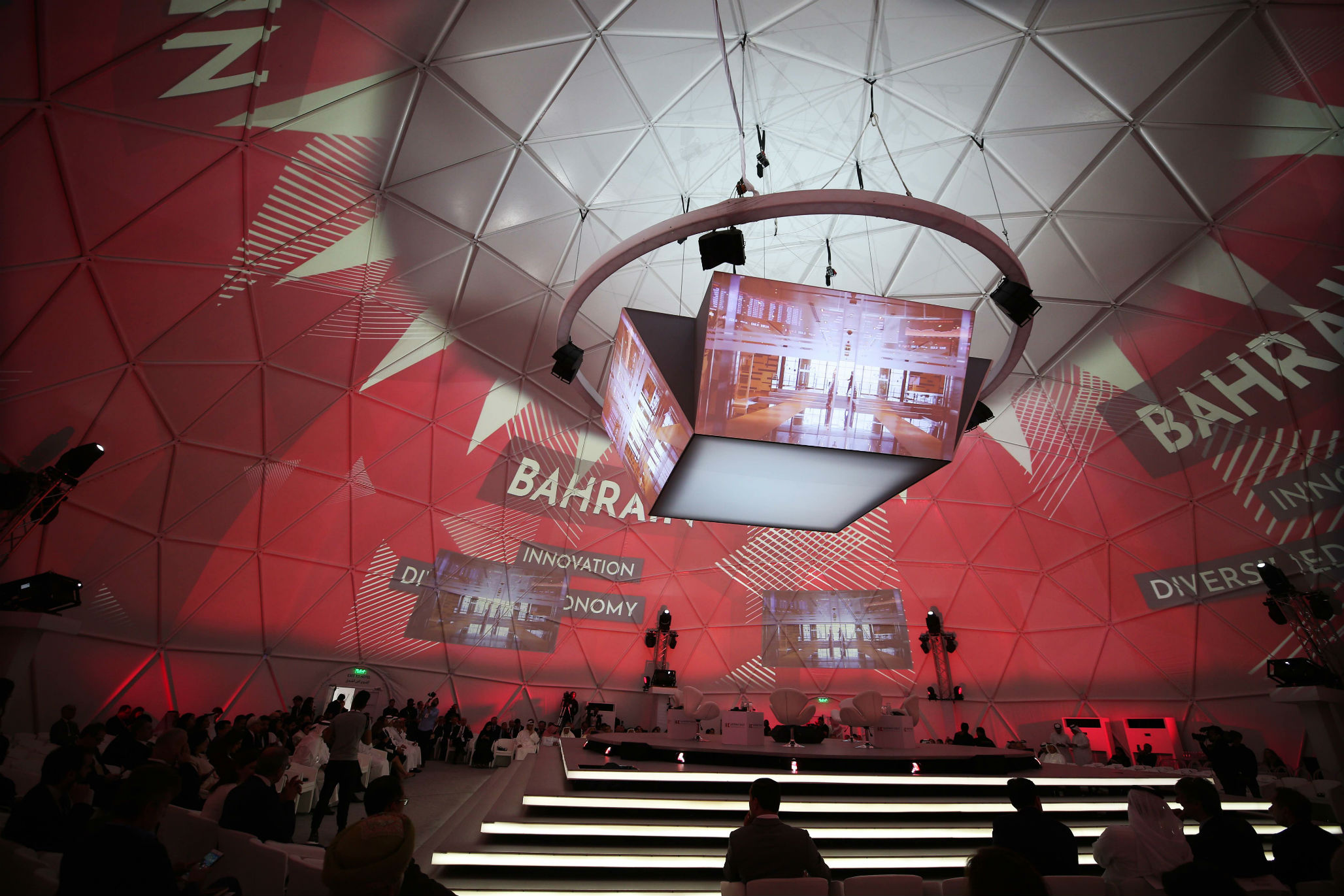The final day of the Gateway Gulf Investor Forum 1.0 highlighted opportunities for foreign direct investment being driven by economic diversification across the GCC.
The forum explored major opportunities and challenges faced by businesses and governments across the GCC, as the region is undergoing a shift from public to private sector-led growth. During the forum, technology-led innovation shined as a key driver of growth across sectors, with speakers including Dr. Klaus Kleinfield, CEO of NEOM, conceived as a hub for innovation, knowledge, and trade.
During the panel discussion about how governments can embrace innovation to support growth, H.E. Rasheed Al Maraj, Governor, Central Bank of Bahrain (CBB), said, “When we first started looking at FinTech, the biggest hurdle was the fear factor. For any regulator to think about the change in the landscape can bring anxiety because naturally, we target certainty, so we avoid the risk that can prevent financial instability. But what we decided at the CBB is that this future technology is of immense benefits to the economy of Bahrain, that’s why we took the dive and made the necessary regulations and pushed the industry to start looking at this and introduce changes we think will help the economy at large.”
Bahrain’s thriving industrial sectors were within the forum’s focal point, where it was declared by the Bahrain National Oil and Gas Authority (NOGA) of a $1 billion energy fund, the first of its kind in the GCC.
The forum also covered the launch of the Italian water heat-maker Ariston Thermo’s first manufacturing plant in MENA. The 7,000m2 plant, based in Bahrain International Investment Park (BIIP), will manufacture up to 250,000 electric water heaters for export every year.
Food manufacturers are also progressively turning to Bahrain to supply and cater the Gulf and broader MENA market; with an increased population driving the growing demand in a market worth USD 125 billion.
These vital manufacturers join a robust pipeline of FDI secured due to Bahrain’s forward-looking government, competitive costs, fast and efficient access to regional markets and a pool of a talented population.







